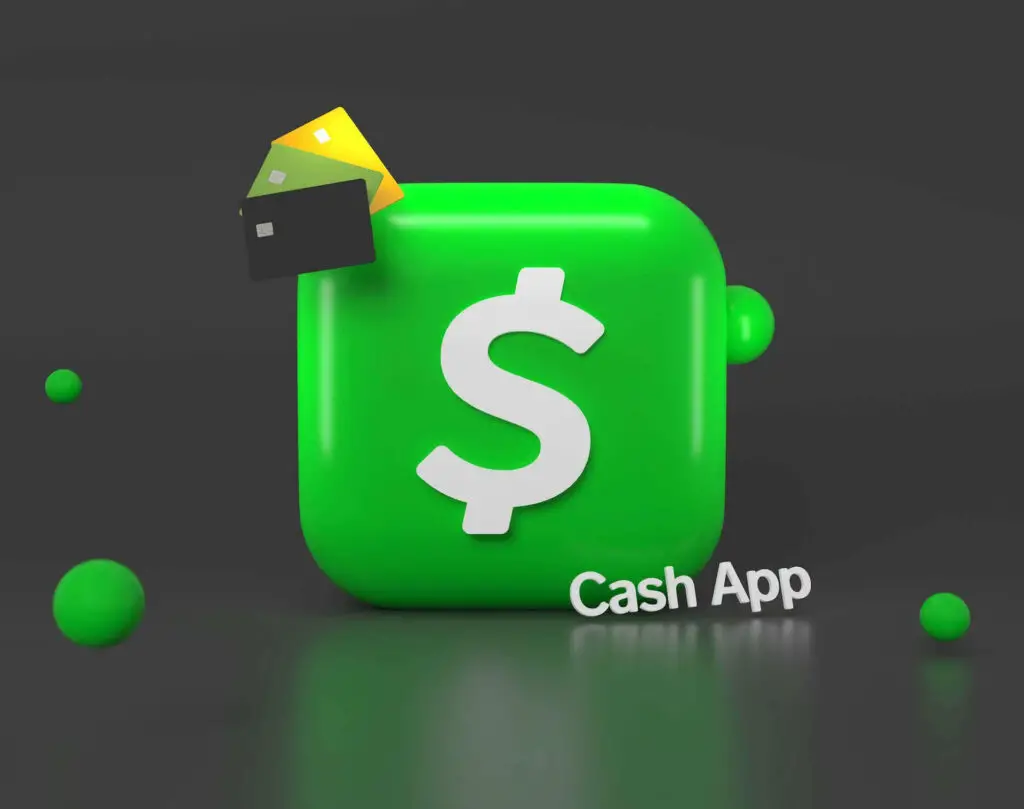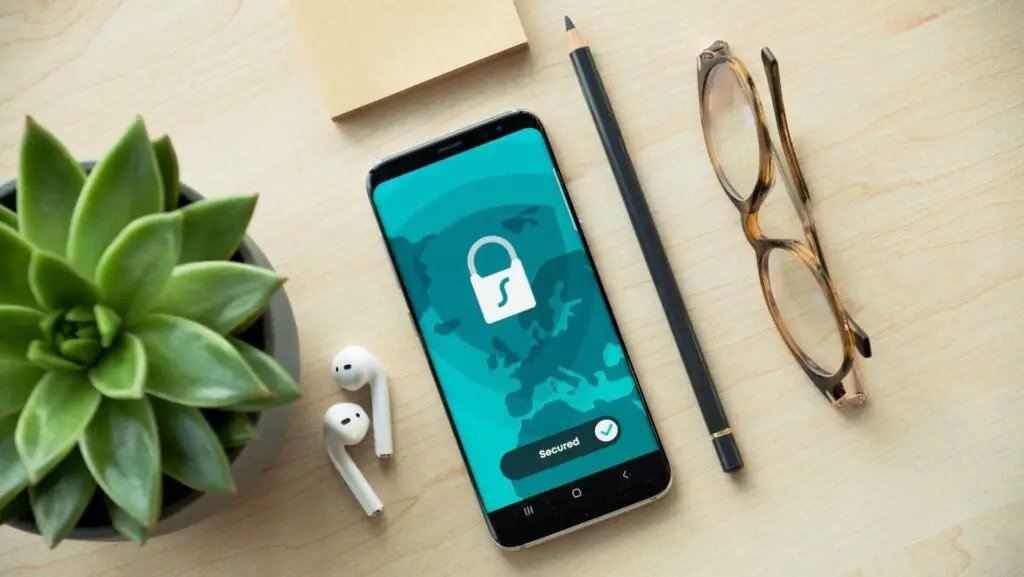Cash App is one of the most popular mobile payment services available in the USA and the United Kingdom. However, since you will trust this app with your money, it is understandable to ask – “Can Cash App be traced?”.
According to the official regulations posted by the creators of this app, your account is completely private. The transaction which you make will not be posted in any public domain. Furthermore, all privacy protection measures have been posted on the website, and one of them is specially designed to protect your personal information. However, there are certain loopholes that you should be aware of.

Table of Contents
Cash App Has Strict Policies and Features That Protect Your Transaction History and Privacy
During the process of Cash App verification, you will be able to see the terms and conditions where everything regarding the protection of user’s privacy will be stated. According to the company, your data will be encrypted, and it is illegal for any employee to share your data with any third party. Finally, the app is not connected to any public platform, which means that the information only circulates through the company’s system. Cash App has the following protection features.
| Security Locks | For each payment, you will have to add a unique PIN received in a phone message. Furthermore, there are optional measures such as Touch ID and Face ID, which you can set up by yourself. |
| Encryption | Cash App has a PCI-DSS (Payment Card Industry Data Security Standard) level 1 certification. PCI security standards are nowadays mandatory for all online financial services. In order to achieve the certification, the companies have to submit a compliance report, perform quarterly network scans and pass the security tests issued by PCI. In other words, one of the reasons why Cash App is so popular is the fact that scamming and hacking are rare occurrences because the company dedicates a lot of effort to the protection of users’ data. |
| Fraud Protection | Cash App has strict policies when it comes to private information. The support team will never ask you to provide them with your PIN or any other personal account information. And, if it is needed to provide something, you will receive a special encoded form via Sprinklr or SendSafely. Any third-party emails or messages will never appear on the app feed and will not be encrypted, so it is rather simple to recognize fraudulent activity. Of course, the company has a special team dedicated to scams, and if you happen to notice anything suspicious, it is best to report it immediately. |
However, Your Data Is Being Collected and Stored on the Cash App Cloud
Whether you are adding money to the Cash App card at CVS or waiting for a payment from Varo, no one besides the parties involved in the transaction will know. However, this is where we enter the gray area of privacy rights. It is well known that all major IT corporations like Google and Amazon collect personal information on the pretense of improving the overall customer experience, and transaction services like Cash App are no different.
Truth be told, it would be impossible for a transaction to function without certain information (your bank account, for example,) but still, you have to be aware that your information is being collected. However, this is where IT companies lack transparency. As mentioned, according to the company’s regulations, it would be a major offense for an employee to misuse your personal data, but still, since it is being collected, someone’s job involves viewing your information and using it for certain purposes. Whatever the reasons may be, here is what Cash App collects:
- Personal information – When creating your account, you will have to enter your name, email address, phone number, and zip code. However, this is obligatory as transactions cannot be made without confirming your identity.
- Financial information – You will have to add your bank account and credit card details. Without this information, the app cannot function.
- Transaction data – Cash App collects the dates of transactions, personal information of parties involved, transferred amounts, payment methods, and description of transactions.
- Contacts – This is completely optional, but you will be able to link your mobile contacts with Cash App. By doing so, you will be able to make transactions more easily, but you have to know that, at this point, you are sharing personal data that is not mandatory for the functioning of the app.
- Connectivity – Cash App automatically collects data about your internet service provider, the browser you are using, time spent, features used, the time when transactions have been made, and IP address. Here we enter the gray area as this information is not vital for the app’s functionality, but according to developers, problems like being unable to use the app on a certain device are solved because of this data.
Finally, if for any reason you choose to delete your account, know that your information will still be stored and used if necessary. The company has not been transparent about this, but it is obvious that all the data becomes its property.
The Authorities Have the Right to Access Your Cash App Data at Any Time
Even though your data is protected, the authorities have the right to view your transaction history or any other information whenever they want. All transaction apps have to report to the IRS (Internal Revenue Service). If you are using Cash App to gain profit, be sure that your account is being monitored by the authorities. However, this is all regulated by official laws and is done in order to track fraudulent activities.

The Level of Convenience Which This App Brings Is Indisputable
To conclude, Cash App has reported over seventy million users, which is an astonishing number. However, it is no surprise as the app is well-designed user friendly, and the pandemic conditions have further popularized such online service. When it comes to privacy, the only thing that matters is that you are being careful with whom you are engaging in the transaction process and sharing your information.